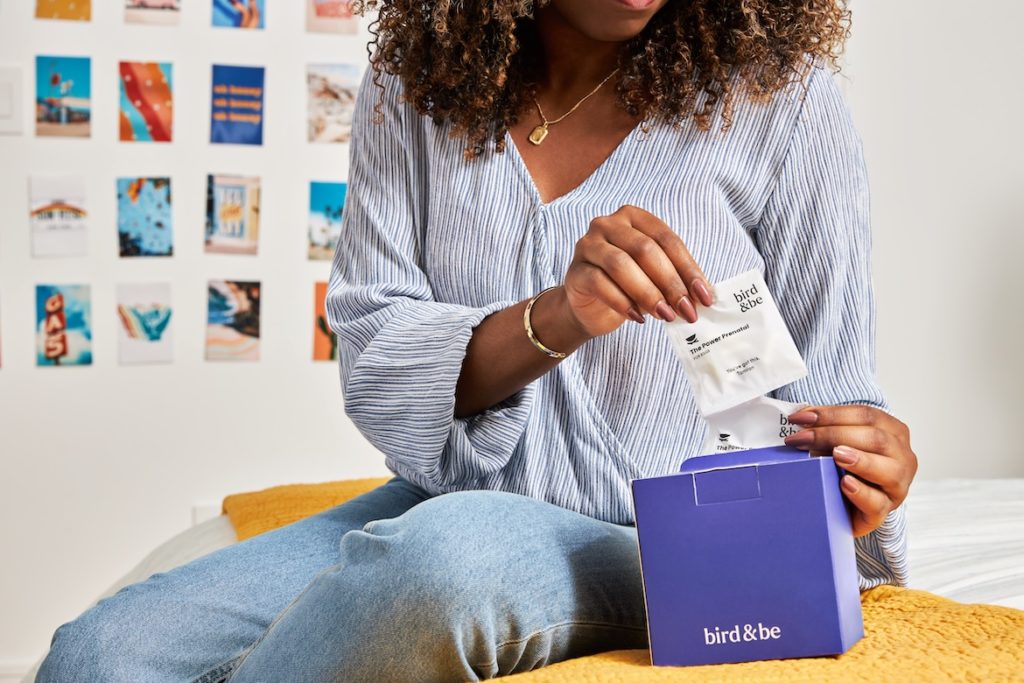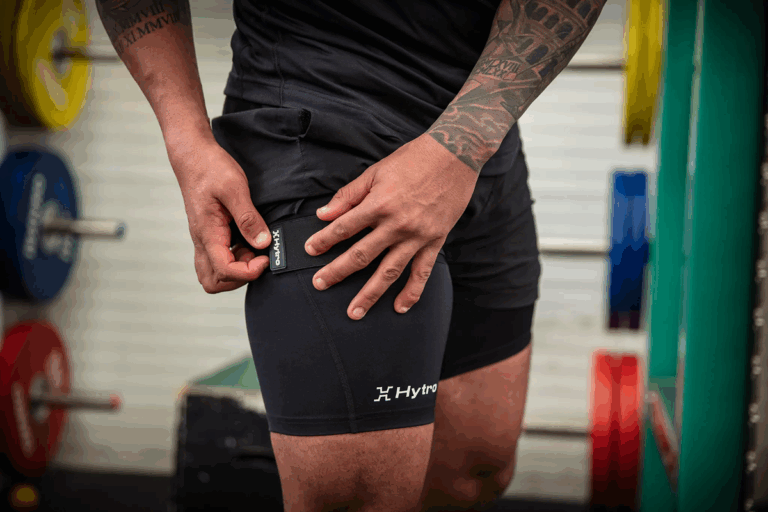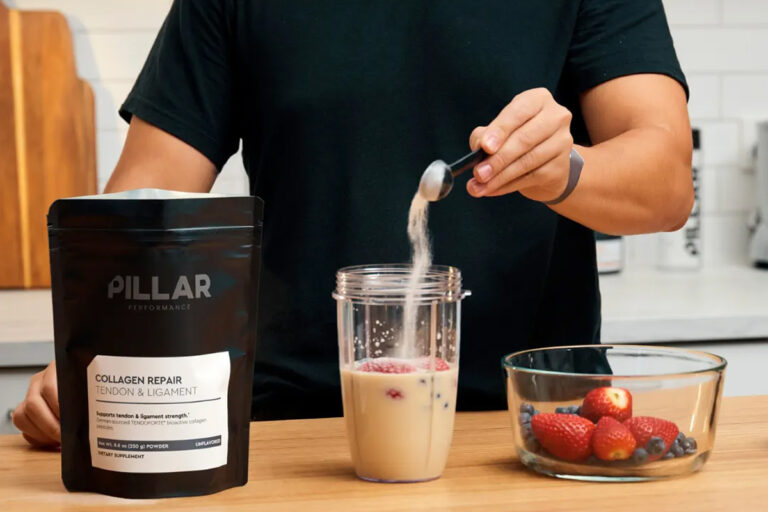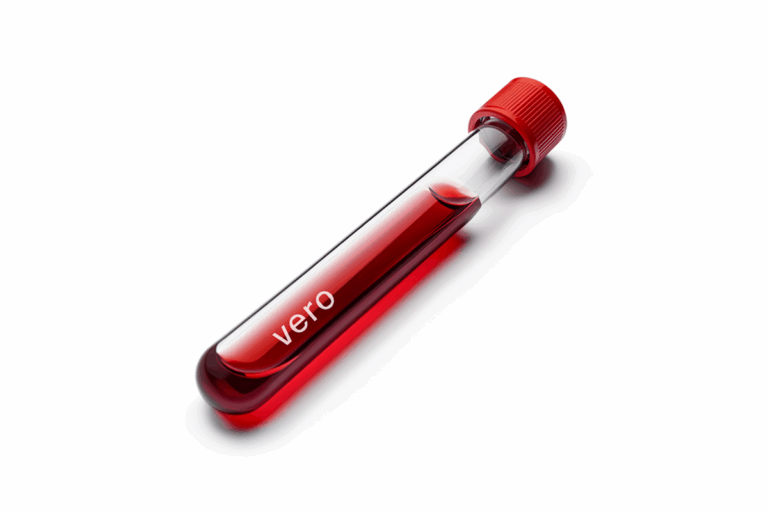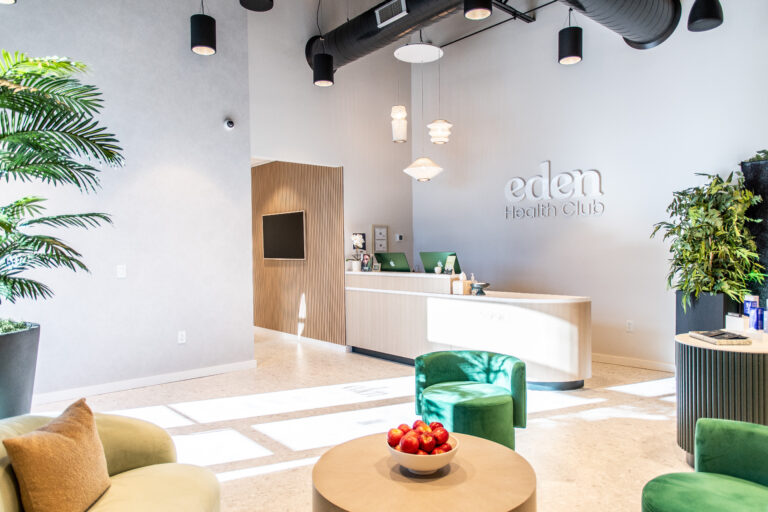Startup Q&A is an interview series showcasing health, fitness, and wellness companies.
In this Q&A, you’ll hear from Samantha Diamond and Breanna Hughes, co-founders of Bird&Be, a fertility marketplace for both women and men. Sam and Breanna joined us to discuss everything from inclusivity in the fertility space to personalized supplements and education as an on-ramp to parenthood.
Can you tell us about what you’re working on at Bird&Be?
Sam Diamond: We help to grow families with at-home, science-backed products that are personalized to the stage of your journey to and through parenthood.
We offer two product pillars to optimize fertility and pregnancy: custom prenatal supplements (for people with eggs AND people with sperm) and at-home tests (capable of delivering results in under 20 minutes) to educate people on their reproductive health early and decrease their time to accessing care.
How did you come up with the idea? What key insight led you to pursue this opportunity?
SD: I struggled with pregnancy loss and fertility while I was growing my family, and I felt lost at the drugstore. I had a list of recommended supplements but no idea which form of each was best.
Citrate, malate, bisglycinate? What was the optimal dosage? And then I had to manage 15 different bottles on my counter daily.
During those bi-weekly trips to the store, I would be grabbing the ovulation and pregnancy tests and noticed how much the packaging (and the digital ads that I was being served as a result of my Googling) were affecting me. Pictures of mothers holding pregnant bellies or babies were everywhere, and the boxes were all gendered pink and blue.
I had spent my career in marketing and knew that there had to be a more user-friendly way to bring fertility to the millennial generation.
Breanna Hughes: My own five-year battle with infertility began when I stopped my birth control pills and didn’t get my period for a year. My doctor told me that was normal.
As educated as I was, reproductive health and fertility were not topics that had been covered well in school, and so I waited.
Three rounds of IVF and four embryo transfers later, I’m now pregnant (the first Bird&Be baby!), but I wish someone had told me how long the journey could take, all of the tests I could have taken earlier, and the supplements that myself AND my husband should have been taking to optimize our chances of success and shorten the journey.
How did you turn your idea into a company?
BH: The first step was gathering an expert team. I was the VP of Product at a healthtech company, and Sam owned a PR agency, so tech and marketing were well covered.
Next, we needed the world’s greatest doctors in the fertility space to help us formulate and validate our product.
We partnered with a renowned team of reproductive endocrinologists (fertility doctors) and fertility naturopaths, who worked with pharmacists as well as natural health product formulators and regulators to create the “doctor’s dream prenatal” for each stage of the journey — preconception through to postpartum.
Next was funding. We needed capital to create our supplements and also to build out our website and algorithm to match customers with the right product for them. We had to dive deep into product development on the test front, too, as we’re working on a patented ovarian reserve screening test for at-home use.
Convincing investors to bet money on an idea at such an early stage can be tough, but our passion and team’s expertise shone through.
How big can this get? What’s the addressable market and how do you go about capturing it?
SD: At a high level, the global fertility services market is projected to hit over $43B by 2025.
Diving deeper, our generation is having babies later in life (the pandemic has delayed family planning further for many), and we know that age affects fertility. We know the sooner that people receive care, the better their outcomes. And we also know that fertility services are cost-prohibitive to some.
We are aiming to provide an accessibly priced, inclusive, subscription-based model that will take our customers from preconception through postpartum — and our roadmap includes additional products and services that will use technology to make the journey easier for as many people as possible.
Who is the core customer? How are you acquiring customers? And how will you grow the customer base?
BH: Our customers are intended parents, usually between 30–40 (though, we do have younger users!). Currently, over half of them are finding us when they have been trying for six-plus months already or are supported by a fertility clinic/practitioner.
We are newly launched, so during our first few months, customers have come to us organically: following our educational and supportive content, by word-of-mouth referrals through friends, and a significant number of customers are finding us through their own doctors, who are super supportive of our ingredients and fulfillment model for their patients.
We are hoping that more and more customers start to find us ahead of their fertility journey — preconception testing and supplementation are key to optimizing outcomes!
Looking at your road map, what are some of the milestones you’re targeting over the next 3-6 months?
SD: Our goal for 2022 is radical growth through top-line revenue and customer acquisition. We are working on our affiliate model and referral network as part of that strategy.
We also have a number of new products coming to market in the front half of 2022: at-home tests and “add-ons” to our supplements formulas that will allow our customers to further customize their daily dose sachets.
Anything else you’d like to share with readers?
SD: A hugely important value for our brand is inclusivity. We know from our market research and customer interviews that the fertility space has been historically gendered—from product colors (pink and blue) to product names (for women, for moms, for men)—and this leaves an entire population feeling uncomfortable accessing this category.
Further, we know that the trans community specifically experiences additional barriers that either prevent them from accessing care or don’t provide them with a positive care experience.
We are hoping to change the way that all people access and experience fertility care through inclusive language and branding, products for ALL intended parents, and accessible, affordable products that can be used at home.
Editor’s Note: Fitt Insider is an investor in Bird&Be. We invest in health, fitness, and wellness companies. Learn more, and get in touch, here.
If you’re interested in having your company featured in our Startup Q&A series, send an email to team@fitt.co.
Related reading from Fitt Insider:
Issue No. 145: The Future of Fertility Tech
Issue No. 119: Femtech 2.0
The Rise of DTC Men’s Health
